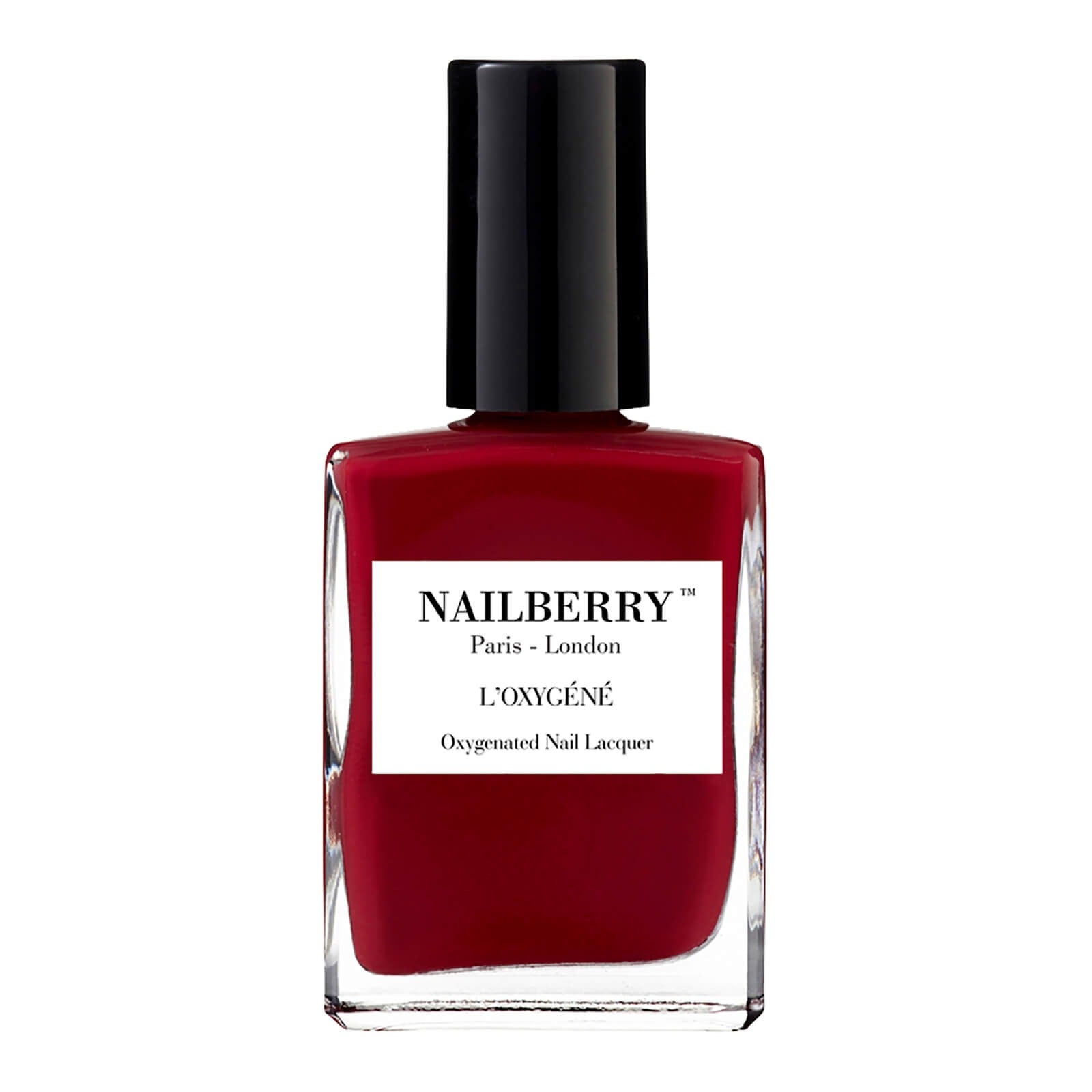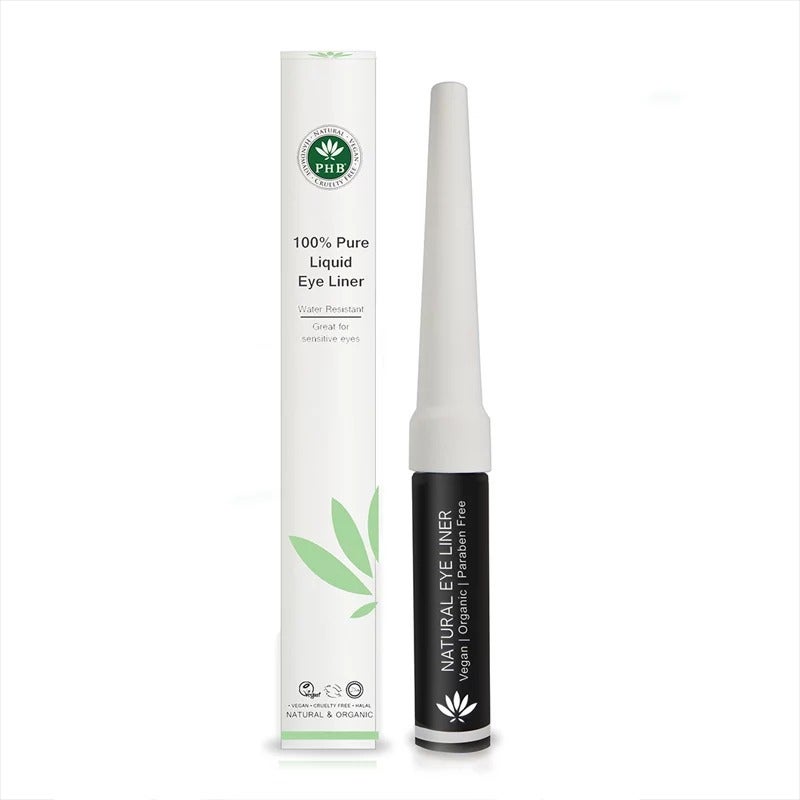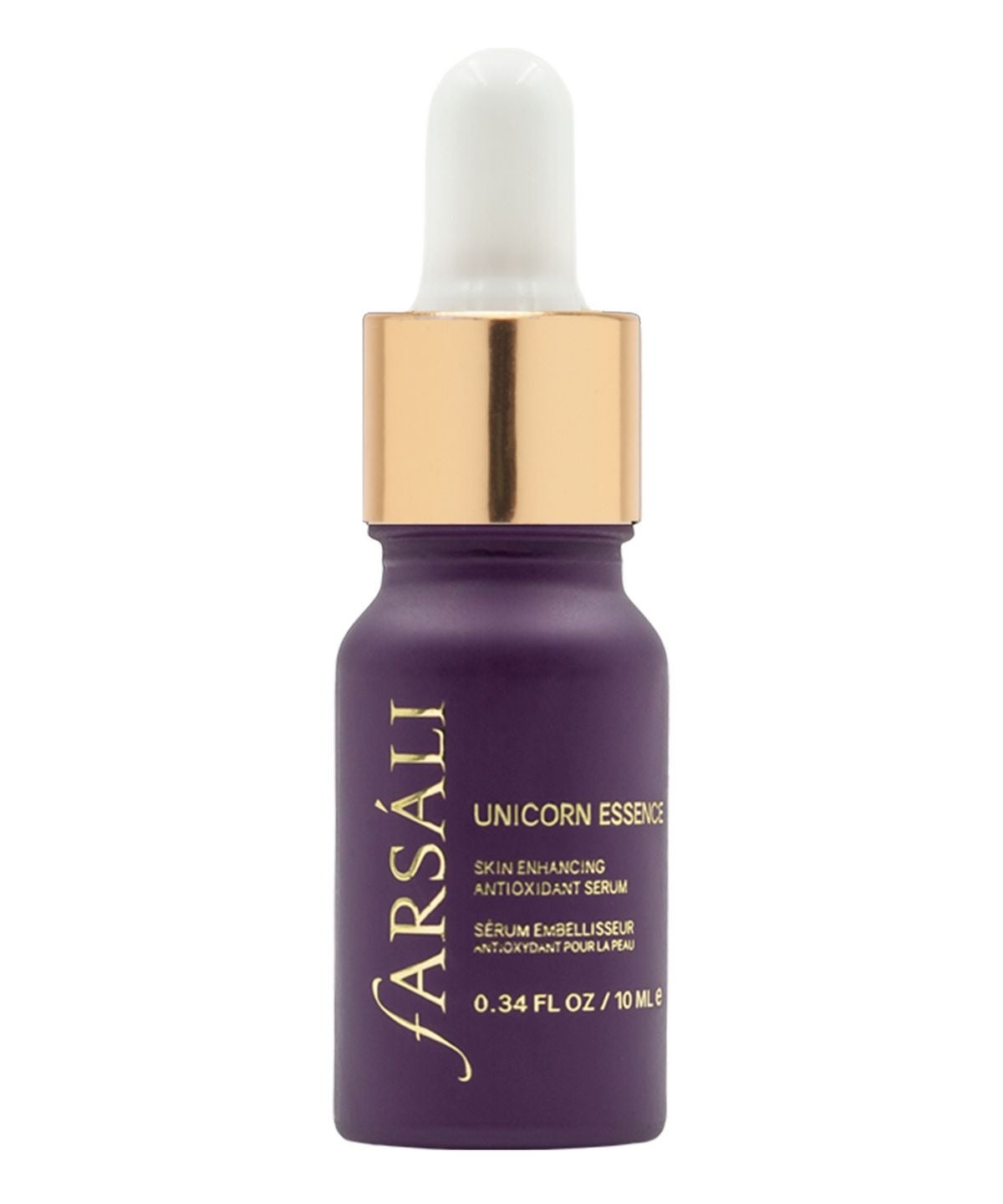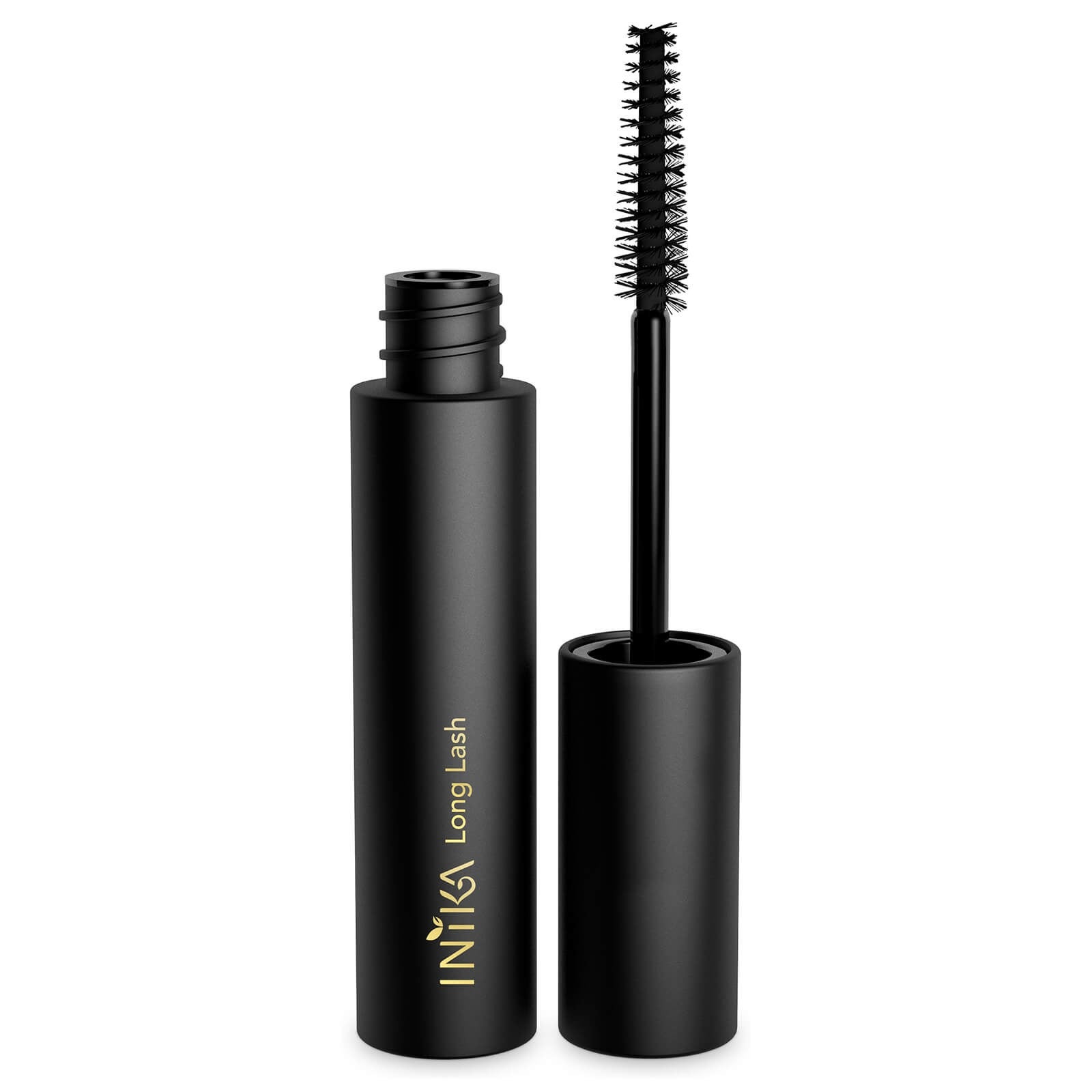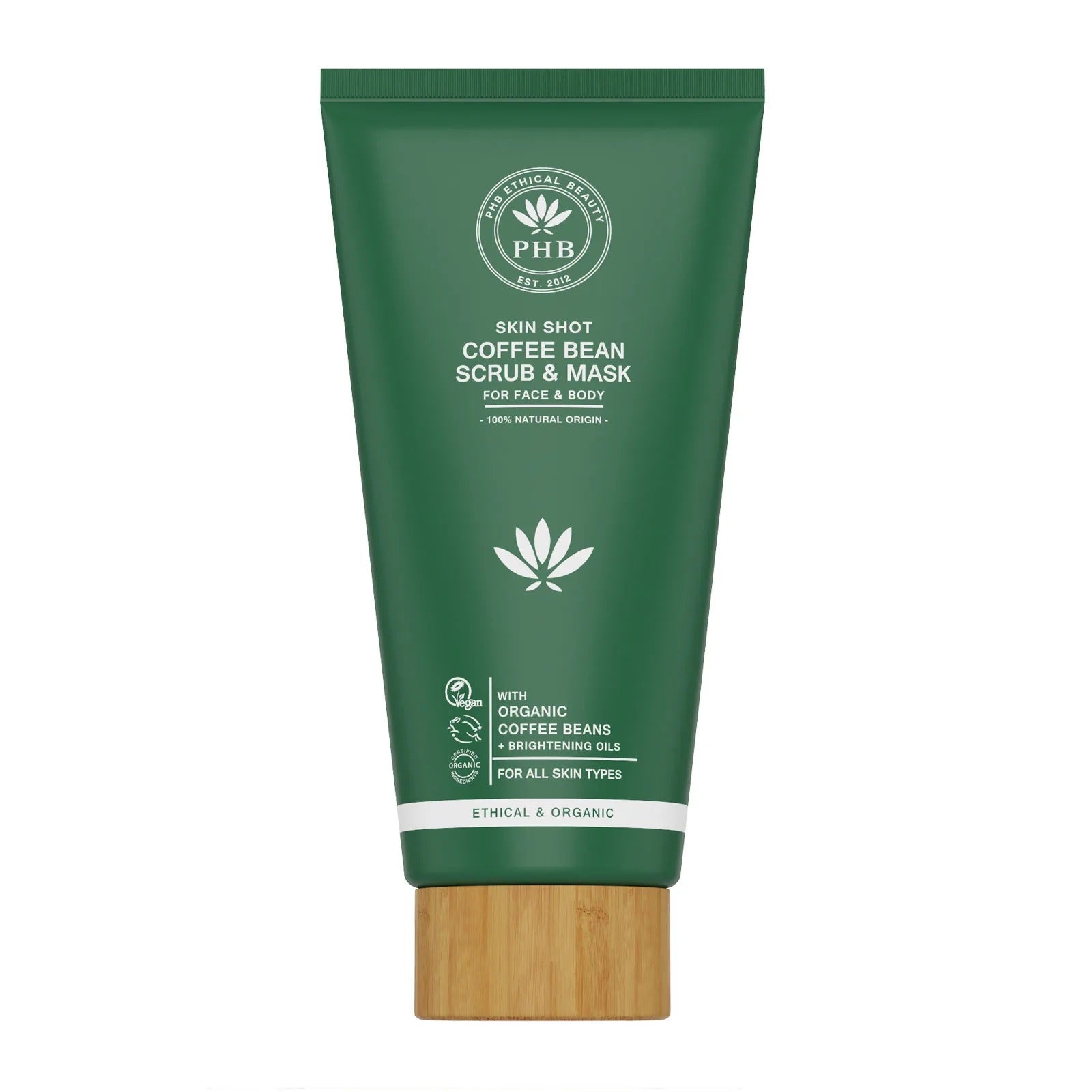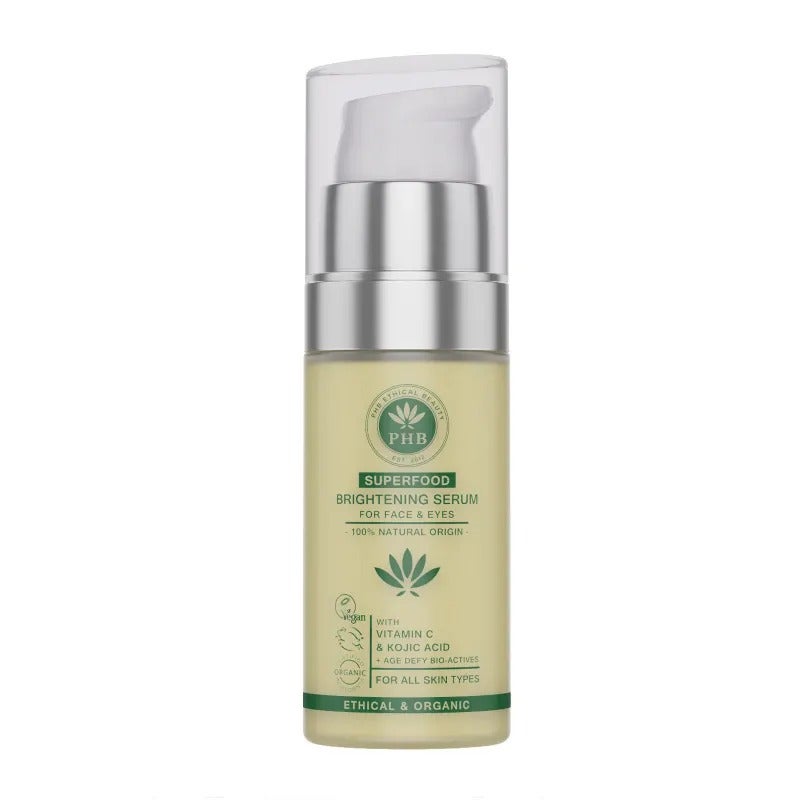Why Are Beauty Brands Afraid To Say They’re Halal?
Photographed by Kate Anglestein.
Once at dinner at a London restaurant, I asked whether the steak was halal. Horrified and unprepared, the managing staff explained they had a vegan menu instead. While there's no denying that veganism and 'clean eating' have truly taken off, it's fair to say the halal requirement is rarely catered to.
It isn't just food. The same disregard can be applied to halal beauty products. If you're unaware, for a beauty product to be halal (this means 'permissible' in Islam) it must be alcohol-free and contain no pig, carnivore or blood-based ingredients. But it also encompasses many other things, such as being cruelty-free (not tested on animals), sustainable and ethical where both ingredients and packaging are concerned. Not all halal beauty brands are vegan, however, as ingredients such as beeswax and honey are allowed.
AdvertisementADVERTISEMENT
In 2020, halal beauty has become an even wider umbrella term. According to Jolie Nubani, cofounder of Shade M, a halal-certified beauty brand, it excludes things such as "sulphates (including SLS and SLES), parabens, formaldehydes, phthalates and mineral oil," to name a few components which many of us now choose to omit from our beauty routines. Yet unlike 'clean', 'natural', 'vegan' and 'eco-friendly', 'halal' is rarely plastered across beauty packaging, even though it often encapsulates many of these buzzwords. In fact, it is barely noted at all.
“
With Islamophobia at an all-time high, being a halal beauty brand might imply allyship towards the Muslim community. This may be viewed as risky business.
”
This is surprising when you consider that by 2025, the global halal beauty market is predicted to be worth $52.02 billion. It is only slightly behind the global natural beauty market, which is set to be worth $54 billion by 2027.
For some time I've wondered whether halal beauty isn’t as common in the UK's skincare lexicon because Muslims themselves don’t mention it enough. Are other communities louder than us when requesting what they need? Or is it to do with the erasure of brown and black beauty rituals and requirements, which some might argue have been whitewashed as 'clean' or natural beauty?
The word 'halal' may not be explicitly advertised on beauty products for a number of reasons. Firstly, it could suggest that being halal is a 'Muslim thing'. In reality, halal practices are a lifestyle choice which everyone can follow – not just the Muslim community. Secondly, the term 'halal' has become politically charged. Do brands think that this might have a knock-on effect on sales or how they are perceived? With Islamophobia at an all-time high, being a halal beauty brand might imply allyship towards the Muslim community. This could be viewed as risky business, given that frankly, we’re not seen as 'cool' right now. All of this begs the question: Are beauty brands reluctant or even afraid to state that they are halal?
AdvertisementADVERTISEMENT
The above reasons are futile, especially when you consider the diversity of what being Muslim looks like today. On the other hand, as the Muslim community endures xenophobia and racism, solidarity could be a positive thing. Alongside clean beauty trends, inclusivity and kindness is currently at the forefront of many people's minds. Surely being halal-certified is great PR?
“
When I pressed brands on why they are not halal-certified, they refused to comment. One even stated that it chooses not to be 'political'.
”
"Having done some research, which includes contacting popular, mainstream beauty brands directly, I know that many of them do cater to halal requirements," says Mona* from east London. "I think it is a shame that brands don't bother to get the halal certification or state so on their packaging, though. Not only would this take the guesswork out of shopping for halal beauty products, it would make me feel more represented."
Of course, there are brands which do get it right, although they aren't considered mainstream. Ammaarah adds: "I’ve always loved painting my nails but didn’t want to use anything that wasn’t breathable as it would affect my wu'du (the Islamic cleanse before prayer). So when I found 786 Cosmetics (which produces halal nail polish) it was a solution to my problems."
Nailberry (popular products include L'Oxygéné Nail Lacquer), Inika and Farsali (Instagram-famous for its influencer-adored serums) are also great halal beauty brands to know.
AdvertisementADVERTISEMENT
For Rose Brown, the founder of PHB Ethical Beauty, gaining the halal certification ensured no animal derivatives or animal testing was involved in her products. Choosing to go down the halal beauty route was also a way to benefit everyone, "whatever your beliefs, age or skin type," Rose told me. "That's whether you want vegan, non-toxic or halal," she added.
Still, I couldn't shake how the term ‘halal’ is something many mainstream clean, conscious and vegan beauty brands are failing to advertise across their packaging. I reached out to some cult beauty brands to ask why. If you look at the fine print, some of these brands are halal-friendly. But when pressed on why they are not certified, all brands refused to comment. One even stated that it chooses not to be ‘political’.
shop 6 products
For Shade M, a beauty brand which is proudly halal, these certifications champion women of colour. "We chose to focus on the Muslim woman who represents over one billion people across the world. Yet she is rarely seen in the mainstream beauty space," said Nubani. She added: "The global halal beauty industry is also growing significantly faster than the beauty industry as a whole. Seeing the response from consumers, retailers and manufacturers further supports the drive and demand for halal makeup – it isn’t just a trend, it’s here to stay."
That said, halal beauty is yet to make its mark on social media, where makeup, skincare and hair trends reign supreme. "Halal beauty isn’t something I come across often," says Brooke DeVard, host of the award-nominated Naked Beauty podcast. Halal practices are deep-rooted cultural traditions yet, says Brooke, the conversation around halal beauty often presents it as a novelty, when it is anything but.
AdvertisementADVERTISEMENT
Nubani says that shouting about halal beauty is important, as it is an extension of the beliefs and principles that so many Muslim women hold. "Inclusivity isn’t just about shades, it’s about maintaining the ethos for all women and making that need accessible. Outside of creating a brand that tells these stories, it allows women who are undervalued to dream without losing their core values. Halal is for everyone and if you care about clean beauty, you should be asking if it’s halal-certified, too."
If brands were more open with their branding, it would go some way towards normalising halal and perhaps help to combat the wider vilification of the global Muslim community. For mainstream beauty brands, advertising as halal or gaining a halal certification may not be on the radar. It might even seem irrelevant. But to Muslim women, it signifies inclusion and solidarity – and shows just how much brands really care about their Muslim consumers.
*Name has been changed
AdvertisementADVERTISEMENT







